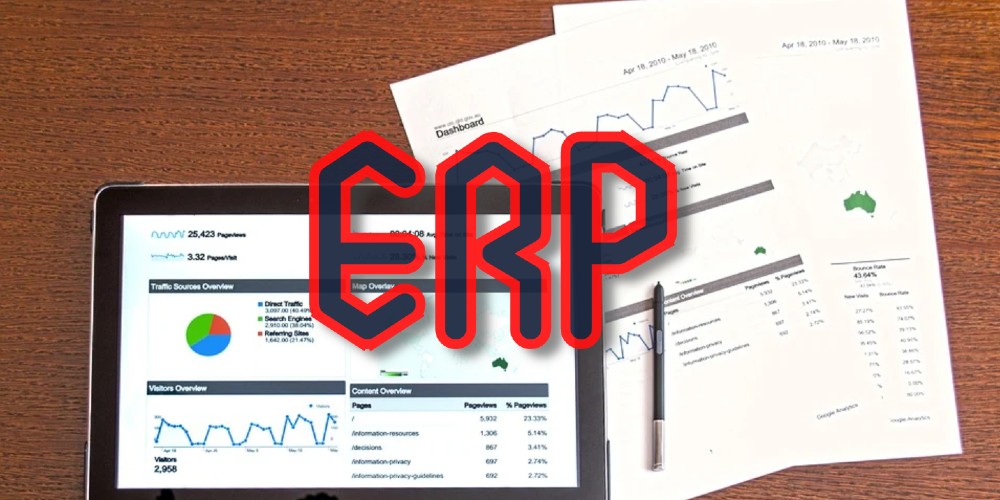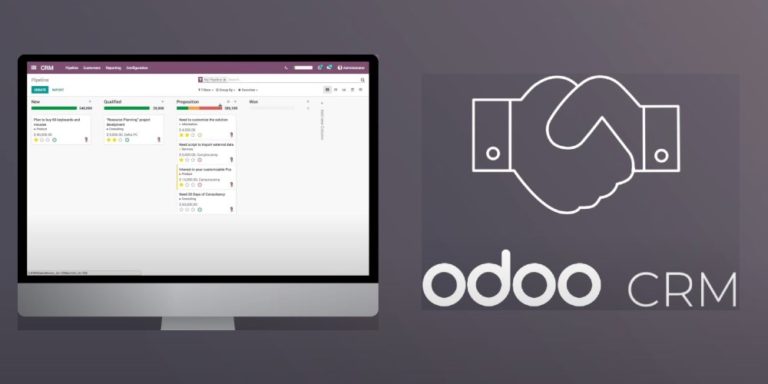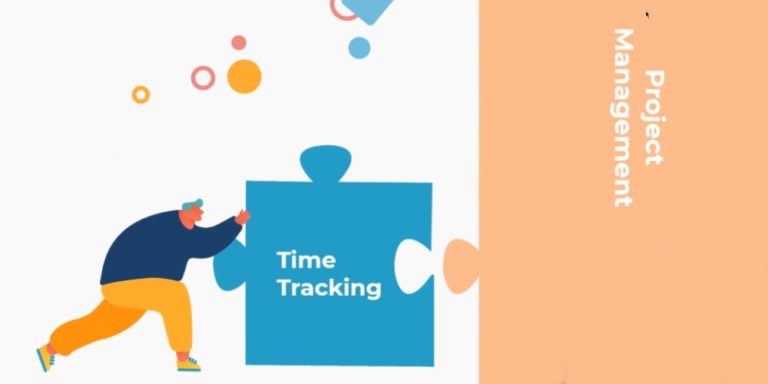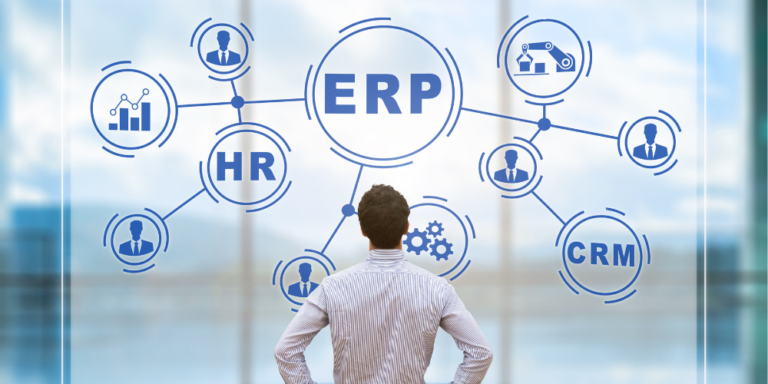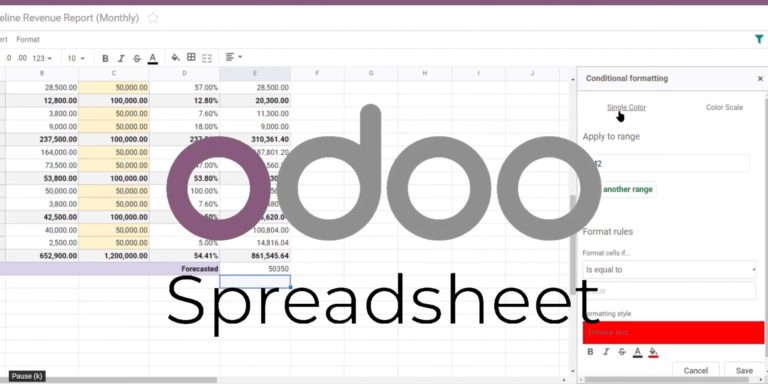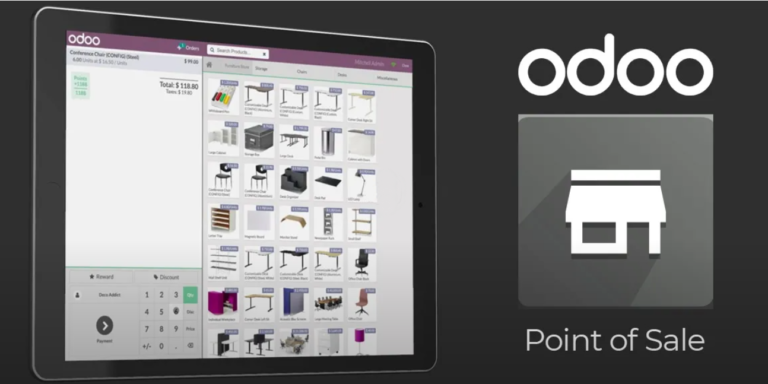Factors to Consider When Choosing an ERP for SMEs
ERP has undergone vast changes since its first emergence with the MRP-II in the 70s. The system diversified and expanded extensively that it has allowed all types of companies, including SMEs and micro-companies to use this technology. The innovations related to ERP were driven by business needs from different industries and environments. Advancement in digital technology and its widespread use also greatly contributed to the development of ERP. Indeed, there are now a lot of ERP systems to choose from. Although it is good that we have more choices today, it has become more difficult to choose which ERP is best suited for your business. That is why in today’s article we will focus on the keys that will allow you to properly select an ERP for SMEs.
The scope of ERP
One of the main objectives of ERP is to centralize the business processes of a company in order to plan and control the structure of its supply chain. The structure of the ERP can vary from one to another. It is usual for an ERP system to include the manufacturing processes, to a greater or lesser extent, purchasing, sales, finance, and warehousing. Although their scope may be different from one another, project management, technical assistance are also part of the services that ERP implementation companies offer.
Considerations about selecting an ERP for SMEs
Part of the solutions offered by ERP are modules that satisfy specific regulatory laws of a country such as Payroll or Tax Obligations. Sometimes other modules such as Human Resources due to its close relationship with payroll or CRM (Customer Relationship Management) are also part of the standard offered package.
There are many factors that influence a good ERP selection and in this article, we will only cover three factors and the rest will be discussed in succeeding articles. The list is also not ranked by importance because the concerns of each company are different and the relevance of the factors depends on each specific case.

Cost
When selecting an ERP, the first thing that is usually raised is the financial resources you have to make the investment. It is a factor that undoubtedly should be taken into account in the selection, but it should not be the only one. Part of the considerations when it comes to cost is the ROI. Considering the amount that you are going to spend, how long will it take for your business to recuperate your investment. Fortunately, ERPs for SMEs are relatively more affordable.
Modularity
Unlike large companies, SMEs most of the time don’t fully utilize all of the features of an ERP. So having to acquire a complete ERP, with all its modules, would commit the company to pay for idle resources. Therefore, another issue to consider regarding the acquisition of the ERP is its modularity. The system should allow you to only purchase what you really want to use. Not all ERPs are modular, although it is true that those aimed at SMEs tend to have this configuration.
Scalability
A third concern is the scalability of the software. While it is true that when the company decides to acquire an ERP it usually takes into account what are its needs at that time. However, projected future growth should also be taken into consideration. Growth implies the need to be able to increase new users or new modules in the future. As your company grows, there will be an increase in data that needs to be stored. On top of that, the system will also need to handle more transactions as you gain more customers. Depending on the ERP company, this is not always possible and may require a new software selection in the future.
These are just some of the factors that you have to take into account when choosing an ERP for your business. More will be discussed in the next article. For now, feel free to browse the Vetter Systems website for more information about accounting systems, ERP, and the services that we offer.

